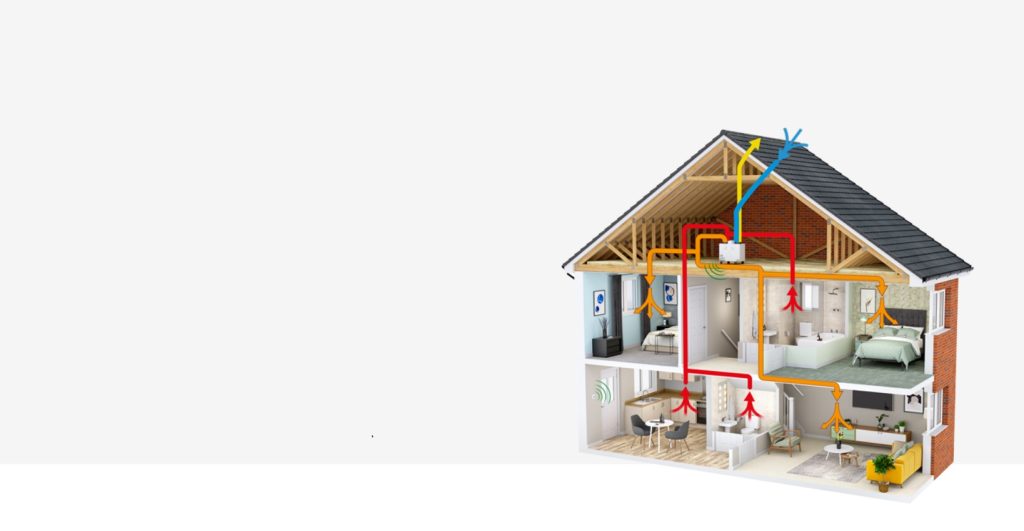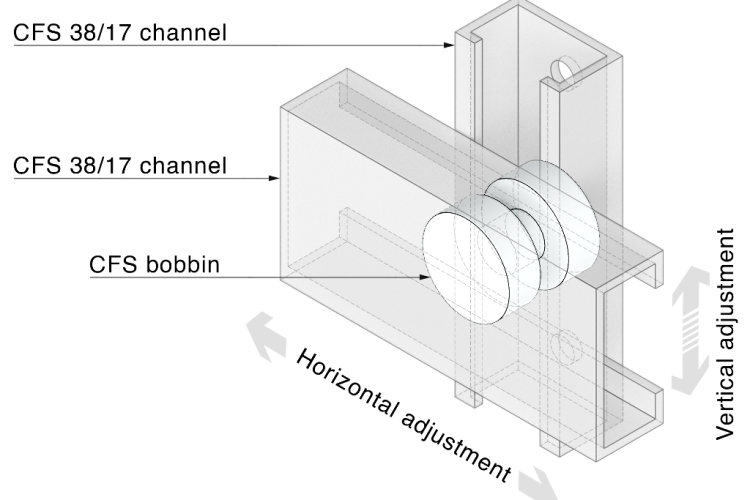Big data benefits
It is estimated that better use of Big Data could add up to £216bn to the UK economy during the period 2012-2017, which is equivalent to 22% of the UK net debt, or more than the 2011 defence, NHS and education budgets combined.
With statistics like these, the potential opportunities presented by Big Data analysis are hard to ignore. Tough government targets around cost reduction, time to build and sustainability will only be achieved through greater collaboration, data sharing and cross-project analytics.
Intelligent information
Within construction, the potential for big data is immense. Building contractors, materials manufacturers and FM organisations collect vast amounts of data in contract bids, construction programmes, ERP systems and supply chain/procurement, all of which could yield surprising insights into business performance. The biggest challenge is that data often sits across disparate systems in multiple formats. We believe that in the construction supply chain there are a number of areas where a return on investment could be easily demonstrated.
High data volumes, ever-increasing complexity and weaknesses in data all hinder visibility and provide barriers to meaningful analysis. However, because of their ability to ingest and analyse huge volumes of multi-format data, Smart Data analytics applications can help to provide increased visibility. This results in greater clarity throughout the construction supply chain, making it possible to have both high service levels, reduced risk and at lower cost.
“It is estimated that better use of Big Data could add up to £216bn to the UK economy”
In addition, effective sales and demand planning helps to improve the accuracy of revenue forecasts, align inventory levels with peaks and troughs in demand, and enhance profitability.
Without the processing power within existing systems to rapidly analyse complex scenarios, supply chain staff frequently end up carrying out post-mortem analyses. Smart Data analytics can make a real difference, removing limitations and enabling supply chain ‘mapping’ and bench marking against KPI’s and internal targets.
Smart data applications can unlock data in a real-time environment to provide immediate, predictive analysis at any point within the supply chain. The depth of data analysis currently available, combined with ever-increasing data storage capacity, provides a fascinating opportunity for the construction supply chain.
Whether you’re a manufacturer, a distributor, architect, contractor, subcontractor or facilities manager, insights possible by this level of analytics could result in new opportunities and a direct contribution to a business’ bottom line.
[box type=”shadow” align=”alignleft” ]Big Data Key Terms
- Big Data describes a massive volume of structured and unstructured data that is difficult to process using traditional database and software techniques. It is high volume, high velocity, and/or high variety information that requires new forms of processing to enable enhanced decision making, insight discovery and process optimisation.
- Structured Data is data with a set of rules that uniquely classifies each piece of information within a database. An example is fields on a form – i.e. first name, last name, date of birth. This data has structure, as the first name field is always text and date of birth is a number.
- Unstructured Data is not pre-defined and although often text-heavy, could include numbers, percentages and dates. Twitter is a ideal example of unstructured data.
- Business Intelligence (BI) is a set of techniques and tools that transform raw data into meaningful, useful information for business analysis purposes. Data Warehouses are centralised repositories of current and historical data (often structured) integrated from one or more disparate sources. They are used in conjunction with analytical and visualisation tools to report on data usually according to defined parameters.
- Smart Data is about value and viewing data in context to solve specific business problems. The focus is on outputs, timely action and the creation of something commercially viable. Smart Data Application is a tool to help businesses collate, sift and analyse data from disparate systems. The way structured and unstructured data is collected, rationalised, understood, reported and distributed is automated for informed, timely decisions. [/box]




















